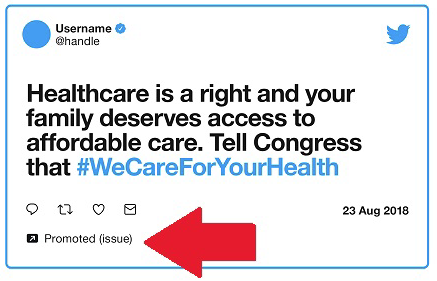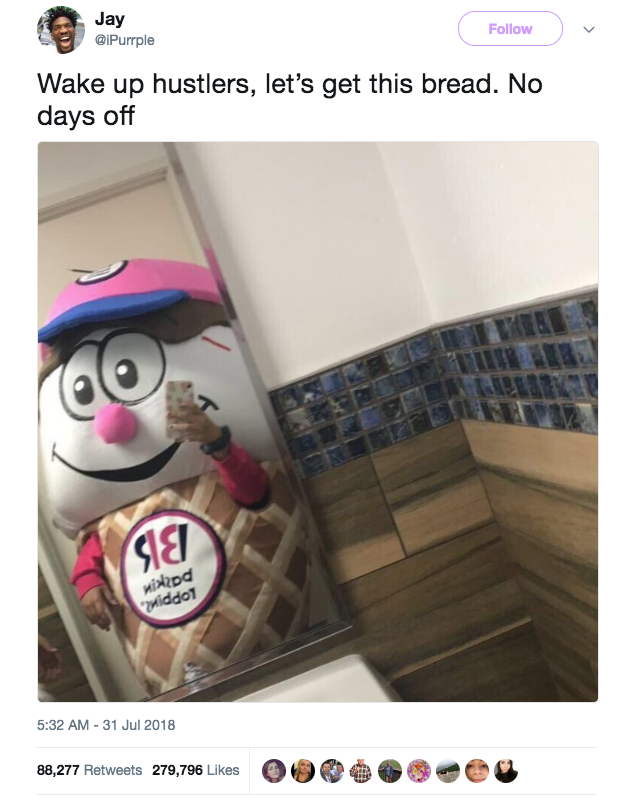Is the influencer bubble busting, Twitter allows guests to join live video, and an app that received 5 million downloads in less than a month in this week’s Marketing in the Digital Age.
Influencer with 2M Followers Couldn’t Sell 36 T-Shirts
Summary: An influencer with 2 million followers on Twitter couldn’t sell 36 t-shirts of her own product line. Her post expressing the disappointment, which has since been taken down on her Instagram account, got over 35,000 likes even.
Opinion: Influencer marketing is tricky and often overrated. As a brand or someone who promoting products with them, it’s important to to provide ways to measure a lift of sales, impressions, something so you know this is a line of marketing working for you. (Enter, Sipra Thakur with One Thousand Suns to help :))
Twitter Lets Guests Join Your Live Video
Summary: Twitter rolled out a new function which allows allow audio only addition of up to three guests to your live video stream. Video streamers can take questions, interact with the audio callers, or more.
Opinion: This could be great, like the equivalent of live calls on the air. It’s a cool marketing tool for brands to use for product rollouts, Q&A, album releases, and more. Since it’s also new, there is a lot of space to explore and make a statement. It’s also finally a way Twitter has moved ahead of Instagram and Facebook when it comes to live video. I won’t be surprised when Instagram/Facebook roll this functionality out soon as well.
Yolo: A New Social Media App Built on Snapchat
Summary: Yolo is an anonymous Q&A app that asks followers for feedback. It’s currently at 5 million downloads from its release on May 2. The creator attributes the surprise success to the app’s name (side opinion: branding, it’s a thing!). It’s built around Snapchat. Once you download the app, it redirects you to Snapchat where you can post your question (with or without your Bitmoji avatar) and your followers can answer. Friends/followers can see the question on Yolo but have to go to Snapchat to answer. Though it’s anonymous, if the person is found to be harassing, Yolo will reveal the person’s name.
Opinion: The concept has potential. If this were my app, I would start off the examples that are truly based on positive feedback as it states. The example shots in the Apple App Store center around looks, which is not a jump start off for positive feedback when comments can be posted anonymously. And if I were Snap, I would actively be working with this company to either acquire it or develop it more so that it makes Snapchat more relevant again.











